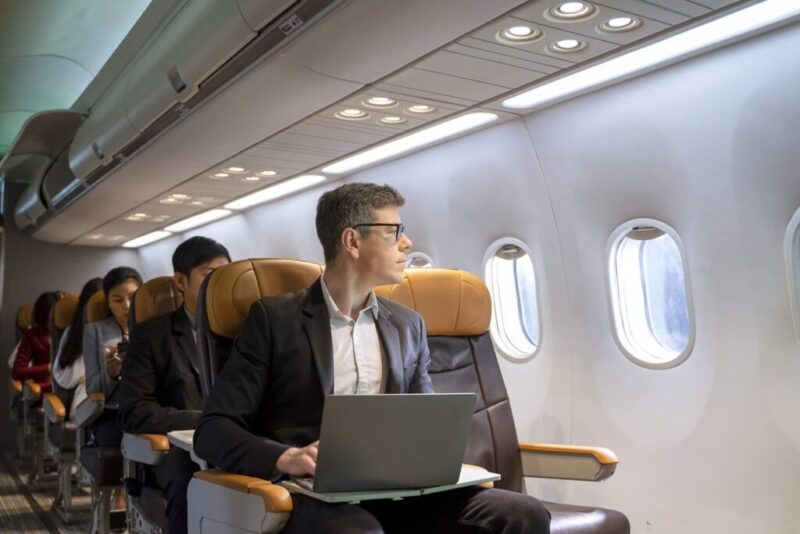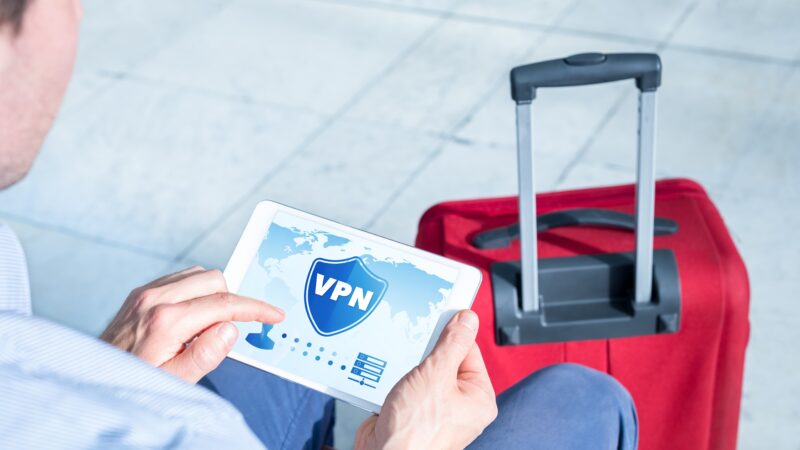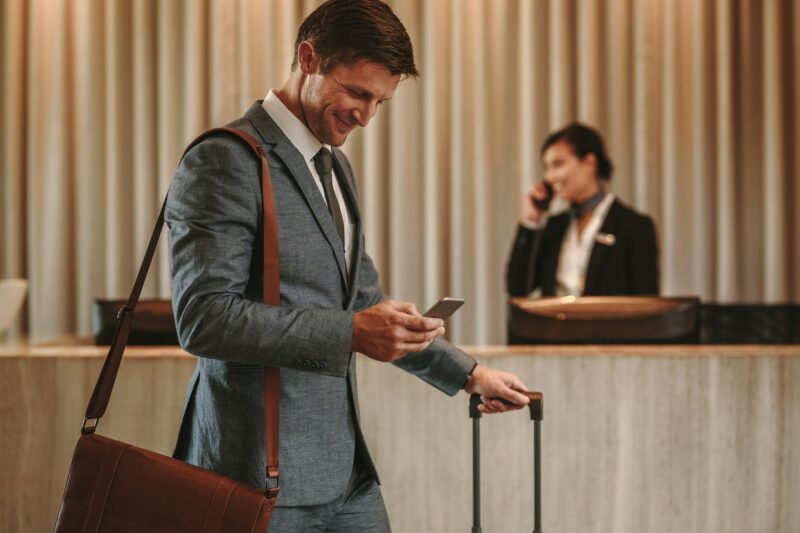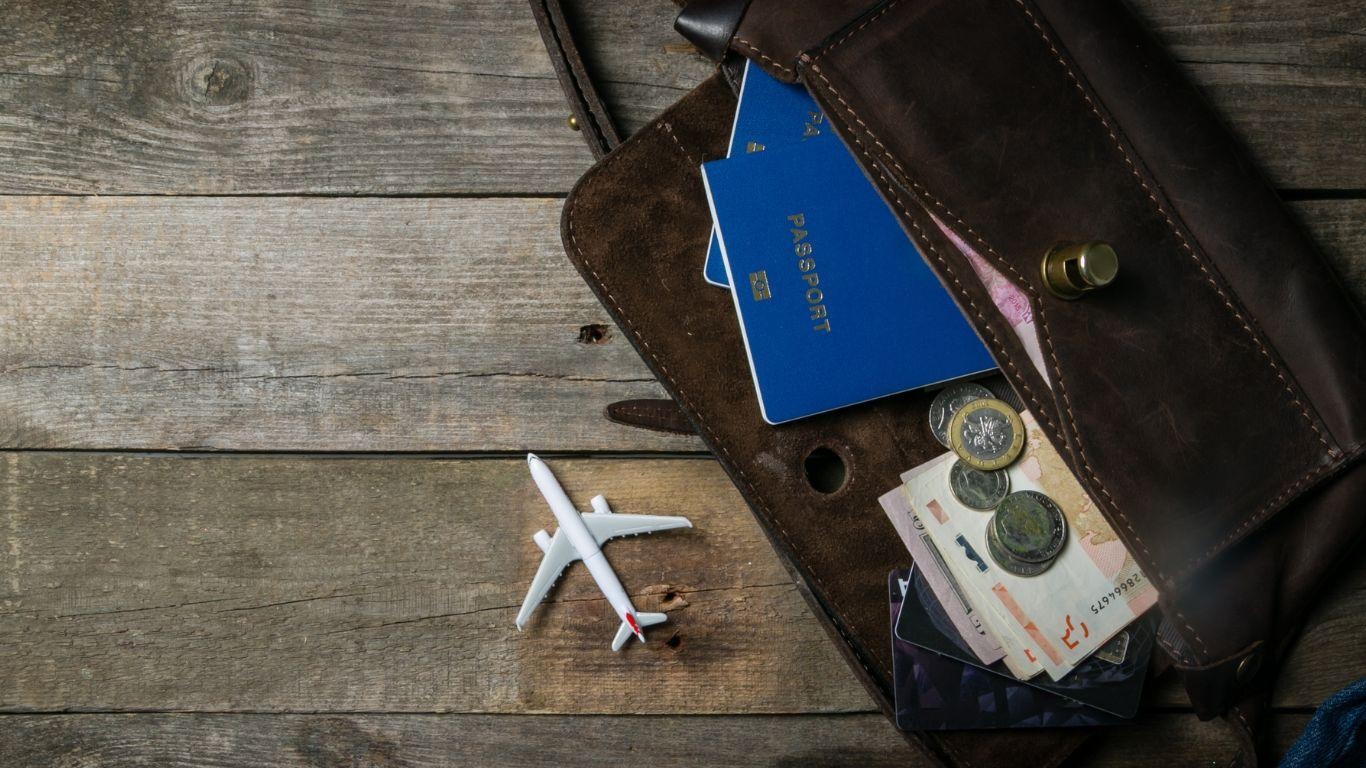Global business travel has transformed into a more complex experience than just boarding a flight and attending meetings.
Executives today see travel not only as a chance to close deals but also as an opportunity to build meaningful networks and create personal value out of time spent abroad.
The blend of work, social connections, and leisure has become a defining factor of successful business trips.
To navigate this balance, professionals must think beyond flight bookings and hotel rooms, focusing instead on strategies that maximize productivity, relationships, and overall well-being.
The Evolution of Business Travel in a Globalized Market

Business travel has shifted dramatically in the past decade. Remote work tools made face-to-face interaction seem optional, but companies soon realized in-person engagement still carries unmatched weight in negotiations and trust-building.
The modern business traveler is no longer limited to rigid schedules; instead, they seek flexibility and value.
- Efficiency and purpose: Trips are shorter and more targeted, with a strong focus on outcomes.
- Networking priority: Beyond formal meetings, executives carve out time for dinners, cultural activities, and industry events.
- Wellness considerations: Rest, fitness, and balanced schedules are no longer luxuries but part of sustainable travel planning.
In essence, business travel now represents a complete package of professional and personal enrichment rather than a one-dimensional duty.
Work and Networking: The Dual Core of Business Travel
Work commitments form the backbone of any corporate trip, but networking opportunities are increasingly viewed as equally important. After all, many high-value deals and partnerships begin not at the conference table, but over an informal conversation during an evening reception or industry event.
When traveling to major hubs such as Munich, for example, executives often look for ways to extend networking into the after-work hours.
Some professionals even enhance their social agenda with discreet services like an escort service München to combine relaxation with personal connections, further emphasizing the role of leisure in broadening the scope of business encounters.
While not every traveler may choose such options, the underlying idea remains clear: networking today extends beyond traditional business spaces.
Essential Tools and Practices for Staying Productive

Business trips can quickly become overwhelming if not approached with the right preparation. Staying productive on the road requires a balance of technology, habits, and smart planning.
Travel-ready digital tools
Modern professionals rely on seamless digital integration. Cloud-based storage for presentations, mobile productivity apps, and secure communication platforms help maintain workflow regardless of location. Virtual private networks (VPNs) are essential for secure access to company systems.
Structured planning
A clear agenda with prioritized meetings prevents time wastage. Successful travelers often leave space for spontaneous opportunities that may emerge during events or networking dinners.
Personal productivity habits
Maintaining regular sleep schedules, staying hydrated, and carving out time for exercise can significantly improve focus and energy levels.
Hotels offering fitness centers or nearby running routes are preferred for this reason.
By balancing structured planning with personal care, professionals ensure they perform at their best throughout the trip.
Leisure as a Strategic Element in Business Travel
Leisure is no longer viewed as a distraction from corporate duties. Instead, it is increasingly integrated into business travel as a way to recharge and improve the overall effectiveness of the trip.
Many companies encourage executives to take advantage of local culture, not only for personal well-being but also for professional credibility.
Imagine attending a conference in Barcelona and later joining clients for a visit to the Sagrada Família.
That shared experience creates memorable connections beyond what a meeting room can offer. Leisure activities often act as an extension of relationship-building strategies.
Key examples include:
- Visiting local landmarks or cultural sites with business partners.
- Dining at authentic restaurants rather than generic hotel chains.
- Scheduling downtime for personal exploration to reduce stress and prevent burnout.
Leisure adds balance, creates shared experiences, and often becomes the lasting impression of a trip.
Balancing Costs and Value

For companies, balancing the financial side of business travel is crucial. Executives expect comfort and efficiency, but organizations also look for measurable returns on investment.
Cost-effective strategies include:
- Booking flights and accommodations well in advance.
- Leveraging loyalty programs with airlines and hotels.
- Combining multiple objectives—such as client meetings, industry events, and training—into a single trip to maximize value.
At the same time, professionals understand that certain expenses, like a premium location hotel or access to exclusive networking venues, can translate directly into stronger outcomes.
The trick lies in aligning personal and company expectations while keeping long-term benefits in mind.
Cultural Awareness and Local Adaptability
Another essential aspect of modern business travel is cultural intelligence. A successful trip isn’t just about logistics and meetings, but also about adapting to local customs, etiquette, and communication styles.
In Japan, for instance, punctuality and formality carry immense weight, while in Brazil, building rapport before discussing contracts is the norm.
Misunderstanding such nuances can negatively affect negotiations. Travelers who invest time in understanding local culture often find their efforts rewarded with stronger professional bonds.
Practical preparation may include:
- Learning basic phrases in the local language.
- Researching dining etiquette and meeting protocols.
- Respecting cultural norms in dress, timing, and gift-giving.
Cultural awareness demonstrates respect and often opens doors to smoother and more fruitful business relationships.
Conclusion
Business travel today is about far more than boarding a plane and checking into a hotel. It has become a dynamic blend of productivity, relationship-building, and cultural enrichment.
By combining effective work strategies with networking opportunities and well-planned leisure, professionals can transform trips into highly rewarding experiences.
For organizations, supporting this balance is key to maximizing return on investment, while for travelers, it ensures every trip is both efficient and personally fulfilling.
Whether negotiating contracts, expanding networks, or enjoying a few hours of local culture, modern business travel thrives on synergy between work, networking, and leisure.
